Welcome to a New Year! This year, at SSSRCN, we want to do more of everything we have been doing. More of giving you tips for life after stroke, more of reaching out to people living with stroke, more of inspiring people to commit to this cause, and finally, WE HAVE MORE MYTHS TO DEBUNK.
MORE MYTHS?
Yes, we have more. You must have seen our super impressive previous post on myths surrounding diets. If you didn’t read it before now, we forgive you. It’s never too late. Clicking right here takes you directly to the post. For our avid followers, we are back with MORE. Since we did five the first time, we will kick off from myth no. 6. Grab a chair and enjoy this short, but interesting read!
MYTH 6: ALCOHOL/RED WINE IS GOOD FOR STROKE
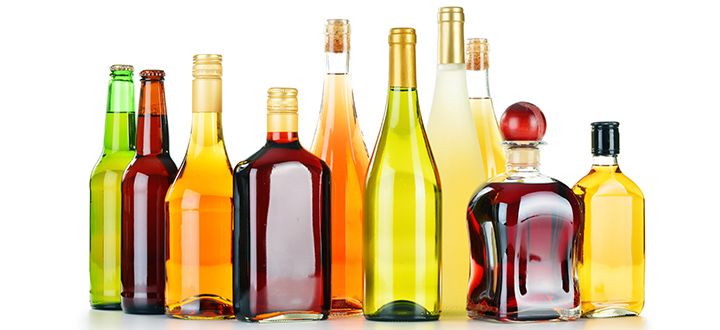
FACT: Excessive alcohol use has immediate effects that increase the risk of many harmful health conditions, such as interfering with medication and reducing food (nutrient) intake. Over time, excessive alcohol use can lead to the development of another stroke and other serious problems. Therefore, if you do not drink alcohol, don’t start! If you choose to drink alcohol, intake should be moderate (not more than 1 glass drink per day for women and 2 glass drinks per day for men).
MYTH 7: FREE TO CONSUME PRODUCTS WITH FOOD LABEL SUCH AS; NO SUGAR, NO SODIUM, NO FAT, NO CAFFEINE
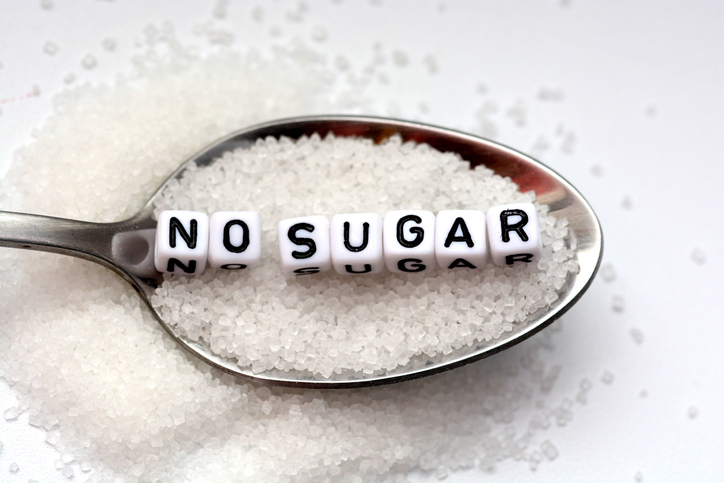
FACT: All these claims are more of marketing strategies to win the heart of the general public, it is better to go for natural or fresh products in place of these products. Most processed foods with the above captions usually still contain a substantial amount of these food components, and should therefore be consumed in moderation.
MYTH 8: DON’T TAKE FRUIT BECAUSE IT’S SWEET
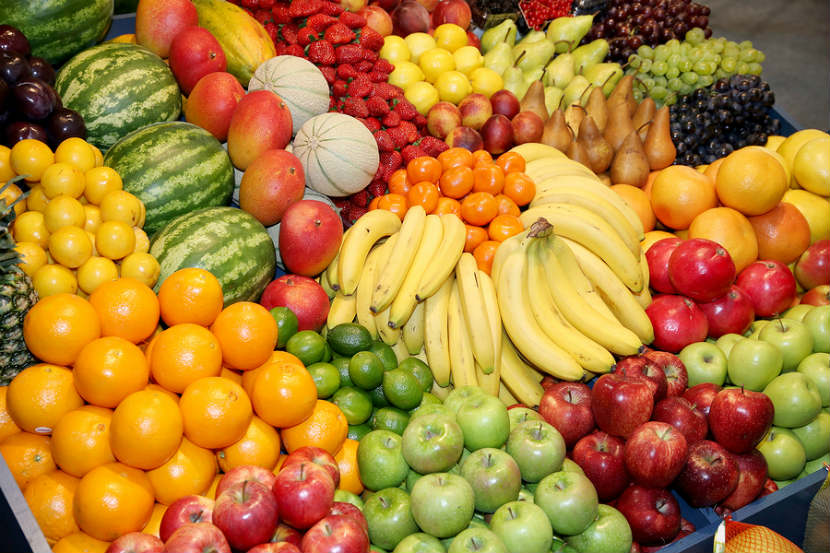
FACT: Fruits are loaded with antioxidants, which help fight free radicals that can damage cells. Eating a diet high in antioxidants may help slow aging and reduce the risk of disease. Because different fruits contain different amounts of nutrients, it is important to eat a variety of them to maximize the health benefits. Eating more fruits and vegetables is also associated with improved health outcomes with people living with stroke.
Take a pause and think about this:
These myths have travelled farther than you can imagine. They have become a part of our subconscious that we sometimes act out unknowingly. It would take conscious effort to unlearn the myths that have become a part of us. With this in mind, keep reading with the hope to unlearn and relearn. Enjoy!
MYTH 9: FRUIT JUICE IS AS GOOD AS FRUIT
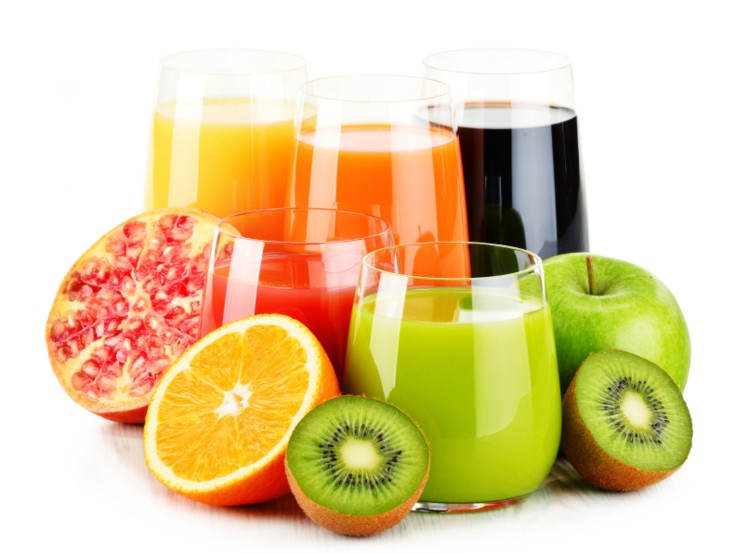
FACT: The ninth on our list is that many people believe that processed fruit juice is equivalents to fruits. The fact is fruit juice is high in added sugars. In fact, a cup of fruit juice can have as much as 40g of sugar, equivalent to 10 teaspoons. Consuming too much sugar increases your risk of many chronic diseases including heart disease and stroke. The best way to increase your fruit consumption is to eat whole fruit, which gives you the added benefit of fibre. Buy that fruit, wash it, and eat it. When you’re thirsty, reach for water or skimmed milk.
MYTH 10: ONLY PEOPLE WITH HIGH BLOOD PRESSURE SHOULD LIMIT THEIR SODIUM
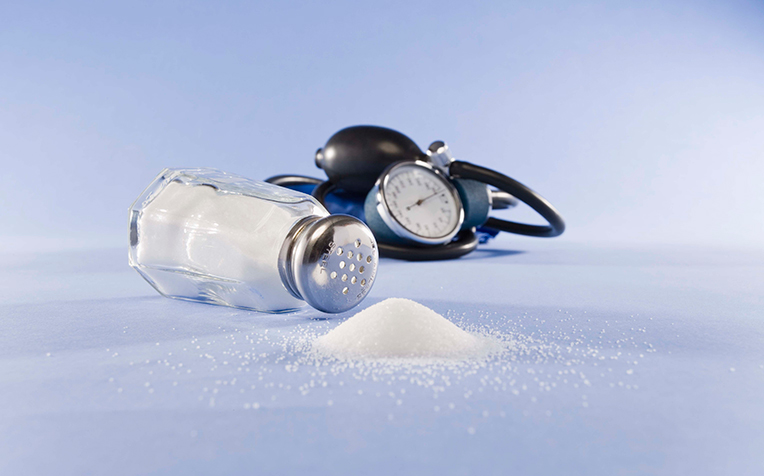
FACT: We can all benefit from getting less sodium in our diets since we get too much already. Don’t we? In addition to causing high blood pressure, excess sodium can cause stroke, heart disease, and kidney disease. Most of the sodium we consume comes from processed and packaged foods. The best way to cut back is to limit processed foods, such as canned goods, frozen entrees, broth and bouillon, salty snacks, pickled vegetables, condiments, and sauces. Cook from scratch more often. Try adding flavour to your food with natural herbs and spices instead of salty condiments. And when you have to use them, look for reduced-sodium versions and mind the quantity you use.
We hope you enjoyed this. As much as we believe these are myths we should let go, we would love to hear from you if you don’t agree. And if you’re with us on this, let us see you in the comment section.
Author: Adegbola Adedeji S., Dietitian (Neurology unit), FMC Abeokuta for SSSRCN.
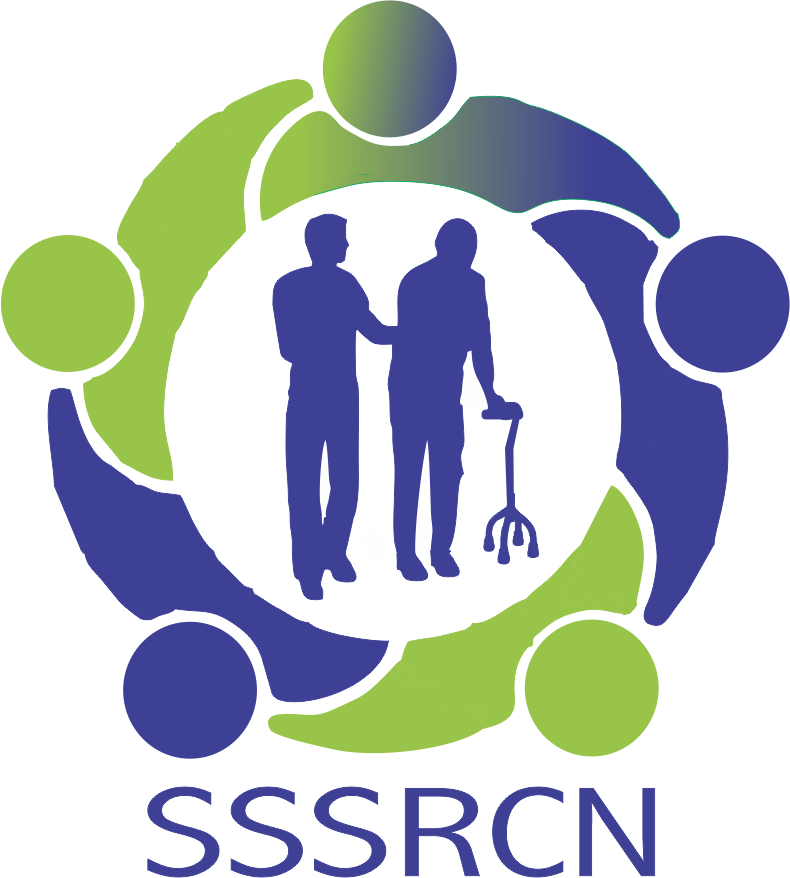
very informative
Great job
Great job